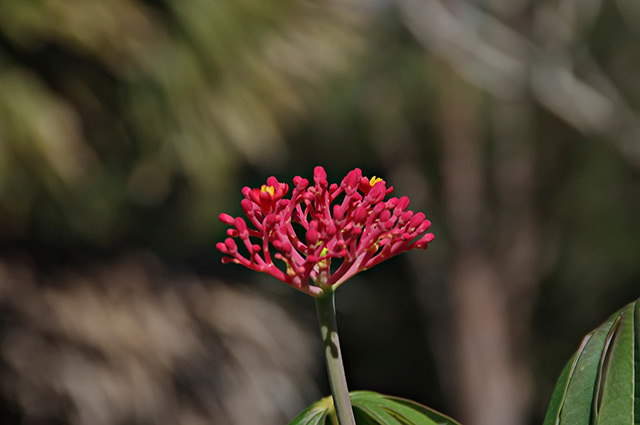No drones for drugs in California: State rules marijuana must be transported in commercial vehicles, which will be subject to license requirements
09/22/2017 / By Isabelle Z.

Drones will soon be able to bring a lot of different goods to your house thanks to Amazon and other retailers, but one thing they won’t be able to drop on your doorstep is marijuana. Even though the drug has been legalized in California and recreational marijuana sales will be permitted starting on January 1, delivering it using unmanned vehicles like self-driving cars and drones will be banned under a new rule that is quite a buzzkill for some marijuana delivery startups.
According to the Medicinal and Adult Use Cannabis Regulation and Safety Act, “cannabis goods” must be transported in commercial vehicles or trailers. The law specifically lists drones and unmanned vehicles alongside human-powered vehicles, watercraft, aircraft and rail as outlawed methods of delivery.
In addition, the vehicles used to transport it are required to have lock boxes in which it can be secured while being transported and when the truck is left unattended. Moreover, the vehicles cannot be parked anywhere in residential areas or left unattended overnight. The rules apply whether the marijuana is recreational or medicinal.
Drivers of marijuana delivery trucks must be at least 21 years old, and the trucks themselves must be equipped with GPS so the seller can keep track of the package every step of the way. Distributors will also be subjected to strict licensing requirements and must fill out shipping manifests for each delivery. A limit will be placed on how much they are allowed to carry at one time. The state’s Bureau of Cannabis Control also saw fit to specify that cannabis delivery drivers cannot consume it while they are out on deliveries.
Regulators are planning to start issuing retail licenses on January 1, and they expect to issue 11,500 in 2018 alone. It’s believed that California’s marijuana industry could be worth as much as $5 billion once the licenses are issued. California was the first state to legalize medicinal marijuana, and it is estimated that around 13 percent of the state’s residents partake in marijuana use.
Startups may need to change their plans
Startups like Eaze, Trees Delivery and MDelivers had all been hoping at some point to use drones for marijuana deliveries. An April announcement by MDelivers said the company had lunched the country’s first “fully-licensed drone delivery service” and claimed it would be providing delivery of cannabis plants, concentrates and edibles by drone with a half-hour turnaround throughout much of the state. However, it appears that the new regulations will force them to re-think their plans.
Eaze, meanwhile, has been positioning itself as the “Uber for weed,” raising more than $24 million in funding. Founder Keith McCarty talked about using drones a few years ago just before the firm secured seed funding of $1.5 million, although he conceded it wasn’t a short-term goal. Now, however, the firm has backtracked on plans to use drones for delivery. The company’s public relations head, Sheena Shiravi, said her company applauds regulators for setting concrete rules, adding that they prioritize legal and safe access to marijuana.
The good news for those who rely on medical marijuana to deal with pain and other illnesses that might prevent them from buying in person is that traditional delivery methods, despite their restrictions, will remain a viable option, although it’s possible that complying with so many rules could hike delivery prices.
Sources include:
Tagged Under: California, cannabis, Drone Delivery, marijuana delivery, marijuana drone delivery, marijuana laws, medical marijuana, natural cures, recreational marijuana, regulations, startup challenges




















